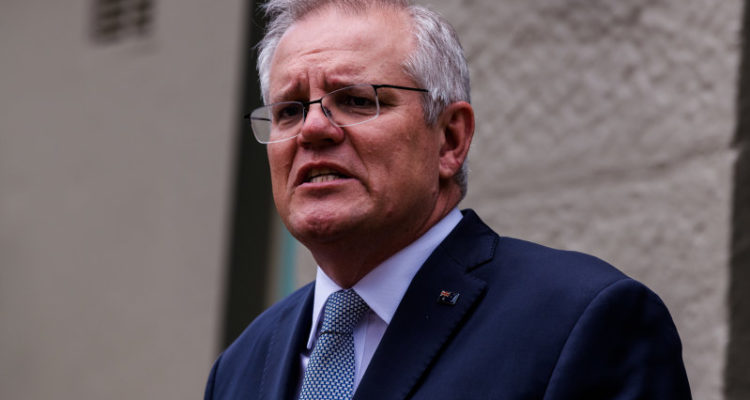As a Jewish university student in the melting pot that is Australia, I shouldn’t have to worry about whether my university will take complaints about anti-Semitism seriously, or if it will even understand them in the first place. But this is a reality that I, along with Jewish students nationwide, am forced to face.
Last week, Prime Minister Scott Morrison announced his intentions to help change that. Speaking to the Malmö International Forum on Holocaust Remembrance and Combating Anti-Semitism, Morrison pledged that his government would “embrace the definition of anti-Semitism” as set out by the International Holocaust Remembrance Alliance (IHRA).
As a non-legally binding framework, the definition is a vital guide in understanding and combating anti-Semitism. There is no place where this is more desperately needed than in Australian universities, where Jewish students faced with anti-Semitism are forced to deal with university administrations ill-equipped to respond.
The definition provides varying examples to help identify anti-Semitism, such as claims that Jews control the media; accusing world Jewry of exaggerating the Holocaust; or holding Jews collectively responsible for acts committed by Jewish individuals.
More importantly, though, it outlines where discourse surrounding Israel can cross the line into anti-Semitism, such as denying Israel’s right to exist; equating Israelis with Nazis; or holding it to standards not demanded of any other nation.
Read the opinion piece by Josh Feldman in The Sydney Morning Herald.

